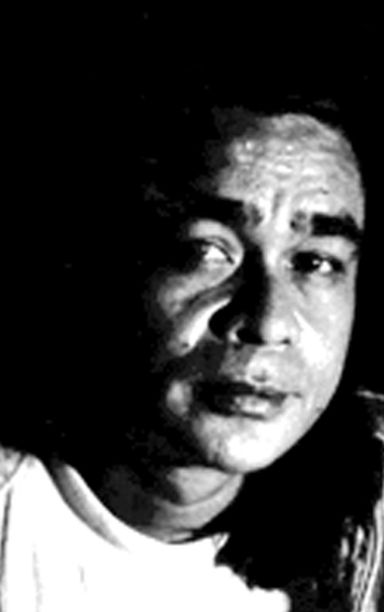
RAYMUND FERNANDEZ
I remember going to confession the same day Fr. Rudy Romano disappeared never again to be found.
I was writing freelance for the Union of Catholic Asia News at that time. Fr. Rudy disappeared on July 11, 1985. He was an important figure in the rising resistance to the repression especially of the marginalized poor — the labor sector and informal urban residents — at that time of Martial Law.
I interviewed him earlier that day because I needed his overview perspective. He was one of the few people who was ready and willing to speak out publicly on this.
I interviewed him early that morning. After the interview, I decided I might as well go to confession. Quite by coincidence he was manning the confessional by eleven that morning. I recognized him by his voice.
I could barely make out his profile through the woven rattan window. But it was him. I was sure of it by the exchange between us. I confessed sins having to do with sexual purity and my moderately unchaste lifestyle.
But he seemed not too concerned with that. He asked for no details. Which pleased me, of course. Back then, I was quite afraid my profligate lifestyle might eventually send me to hell if I wasn’t careful.
And so, the regular confessions. But he was more curious of my values and practices with regards what he said were my “workers.” Which curiously caught me off-guard. Until that moment, I had not ever thought I even had “workers.”
But indeed, I was also managing a group of welders, mechanics and painters. It was a family business that I partially owned. Fr. Romano asked me if I treated my workers well. Did I give them fair wages? My business was not doing well.
This was Martial Law. No business was doing well unless it was involved in corruption of a sort. I told Fr. Rudy I treated my workers as best I could. Part of the reason why we did not do well was because we were doing profit sharing. I was not a good businessman.
I must have convinced Fr. Rudy. The penance he gave me was one Our Father, three Hail Maries, and a Glory Be. Which, of course, seemed to me unjust, a mere slap on the wrist, considering the total incidence and extent of my sinning. Thus, I went out of the confessional quite happy. Almost ecstatic. I put in an extra decade of Hail Maries just to be on the safe side.
Days later, I found out how Fr. Rudy was pulled off his motorcycle at a sidewalk in Labangon that same day, kidnapped and never again to be found. A number of rumors came out of the incident, including one which alleged he was not kidnapped but instead joined the New People’s Army (NPA) with his girlfriend. This rumor was the least likely of all.
There was an alleged witness who actually claimed Fr. Rudy was jailed in a police station near San Nicolas. He could hear Fr. Rudy being tortured in the next room. That was the last narrative heard of Fr. Rudy.
His disappearance is a mystery until now. And yet, he comes to us as just one more victim of a practice which came out of Marcos’ martial law. The practice came with names half-forgotten for a while but now once again resurrected: salvaging, extrajudicial killing…
The practice of extrajudicial killing (EJK) is not new by any means. The practice of killing people who cannot defend themselves comes after a long history of state violence, a manner for the state to act with impunity against the defenseless, especially the poor.
It is a manner of dealing with a populace in order to control their actions. Beyond this, the act in its profound totality is an experiment with exercising total despotic control. If the state can make EJK an accepted normal, then they achieve almost total control over a populace, such total control as Marcos once had over our country.
Just this Sunday, I was fortunate enough to have participated in a candle lighting ceremony at Fr. Rudy’s marker at the Redemptorist Church.
I did not plan to be there. I did not know about the march from the Capitol and the candle lighting. I like to think God and the spirit of Fr. Rudy brought me here. For we have once again come to a very dark time.
Such a dark time when the act of lighting a candle has once again become a politically redemptive act, an act of peaceful defiance and protest.
Disclaimer: The comments uploaded on this site do not necessarily represent or reflect the views of management and owner of Cebudailynews. We reserve the right to exclude comments that we deem to be inconsistent with our editorial standards.
